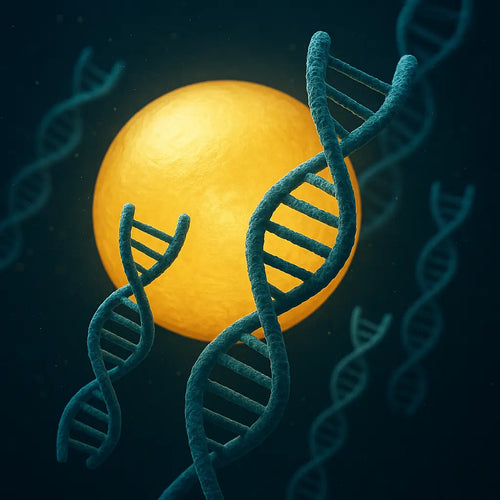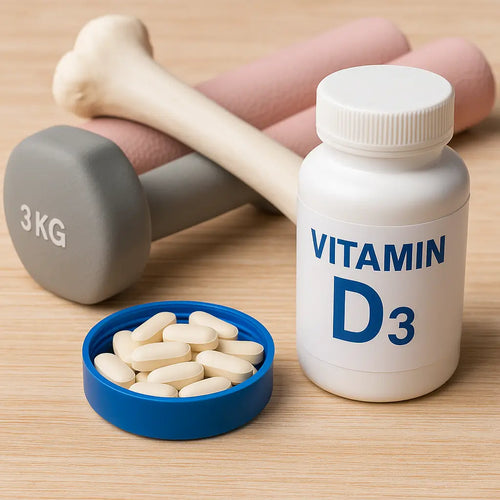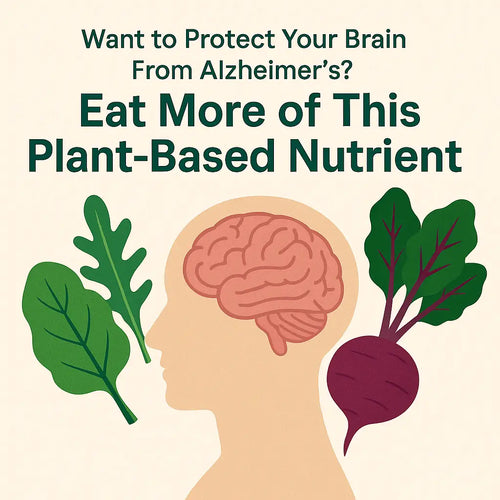What are some of the risk factors for breast cancer that you can do something about?
Light alcohol drinking, up to 1 drink per day, has been shown to significantly increase breast cancer and also some other cancers (Bagnardi V, et al. 2013). Heavy alcohol consumption, 3 or more drinks per day, is associated with an even higher risk of 40-50% (Seitz HK, et al. 2012). Alcohol increases estrogen levels and would be especially important to avoid for estrogen receptor positive breast cancer.
When insulin-like growth factor 1 (IGF-1) was investigated for associations with breast cancer using data from 17 studies, it was found that it was positively associated with breast cancer risk (Key TJ, et al. 2010).
IGF-1 is a growth factor and as such it stimulates tissue growth which is needed when we are young. We don’t need the same tissue stimulation as we get older, that may lead to growth of tumors since it stimulate all tissue.
IGF-1 is also a factor involved in metastasis (Tang X, et al. 2010).
How can you reduce IGF-1?
You can do it by eating a plant based diet. Research has documented that a vegan diet effectively reduced IGF-1 when compared with meat eaters (Allen NE, et al. 2002). The vegan diet also increased IGF-1 binding protein which means that less of the IGF-1 was available to stimulate tissue growth.
The reason the vegan diet reduced IGF-1 is because protein from vegetable sources have a different amino acid profile than protein from animal sources.









